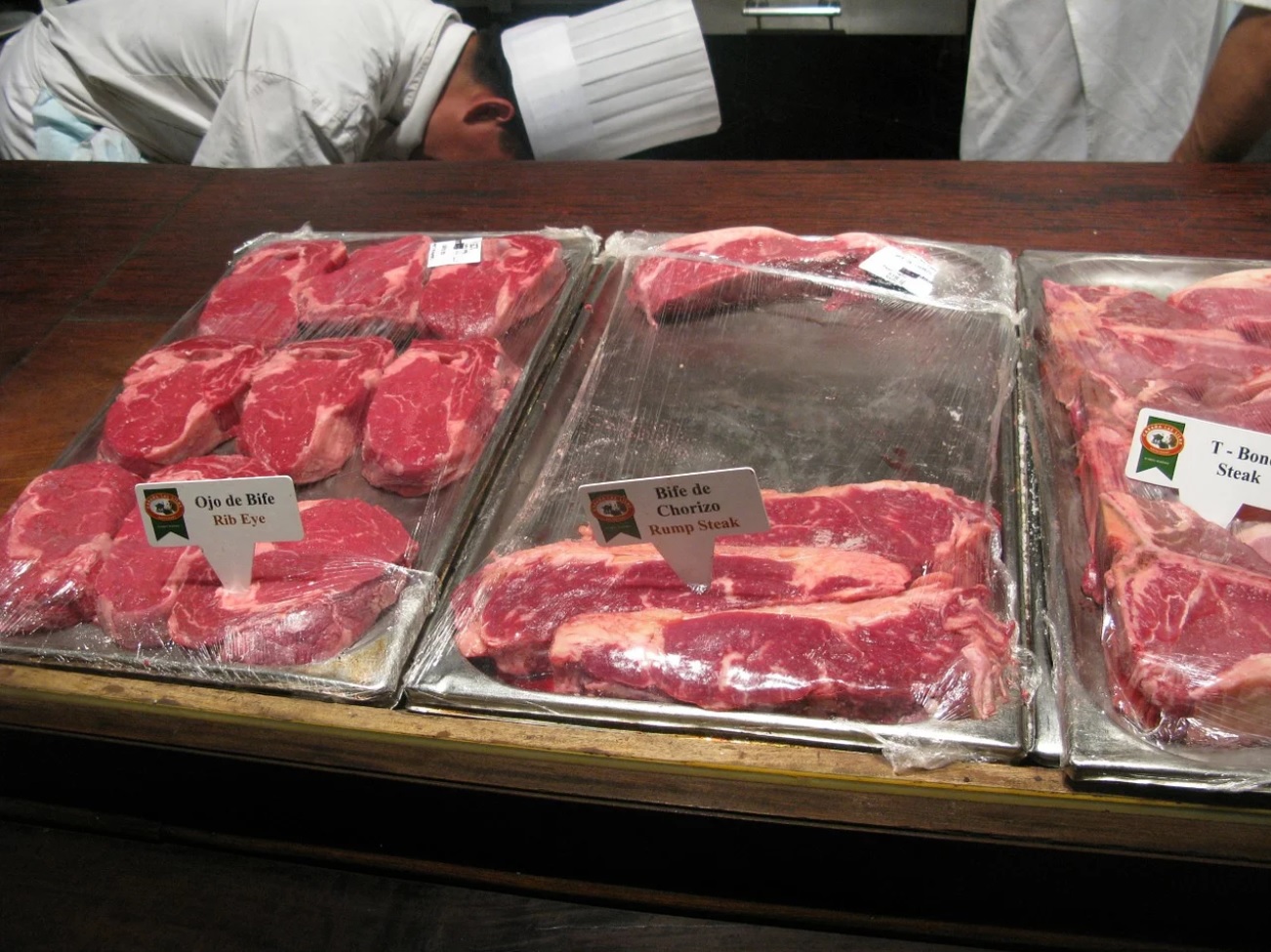
By National Cattlemen Beef Association,
The U.S. House Agriculture Subcommittee on Livestock and Foreign Agriculture held a hearing to examine urgent challenges within the beef supply chain. After hearing testimony from agriculture economists, land-grant university faculty, and cattle industry stakeholders, many members of Congress echoed the National Cattlemen’s Beef Association’s (NCBA) longstanding call to expand processing capacity.
Members also noted the need for greater transparency in cattle markets to create conditions that support both a reliable, affordable supply of U.S. beef and the continued financial viability of American cattle farmers and ranchers.
“The roadblocks that are depressing profits for our cattle producers and endangering the steady supply of affordable beef have really captured the attention of lawmakers,” said NCBA Vice President of Government Affairs Ethan Lane. “The continued momentum we are seeing on expanding processing capacity, both on Capitol Hill and at USDA, is a positive sign. We are grateful to Chairman Costa and Ranking Member Johnson for prioritizing this issue. We look forward to continuing to work with members of the House Agriculture Committee to advance solutions like the Butcher Block Act that would alleviate some of the chokepoints that are hurting our producers.”
Cattle industry concerns have seen increased attention recently from both sides of the aisle as NCBA has advocated for commonsense solutions that address the most urgent challenges facing producers. In recent months, NCBA has engaged with Congress and the administration to:
– Secure the introduction of legislation to help small, independent processors expand capacity and improve marketing options for cattle producers.
– Reform the “Product of the USA” beef label in a way that benefits both consumers and producers.
– Defend family farms, ranches, and rural communities against devastating proposed tax hikes.
– Deliver critical progress on much-needed flexibility under hours-of-service regulations for livestock haulers.
– Ensure that the “America the Beautiful” or 30×30 conservation plan prioritizes the input of agricultural producers and respects private property rights.
Disclaimer: Articles featured on Oregon Report are the creation, responsibility and opinion of the authoring individual or organization which is featured at the top of every article.

